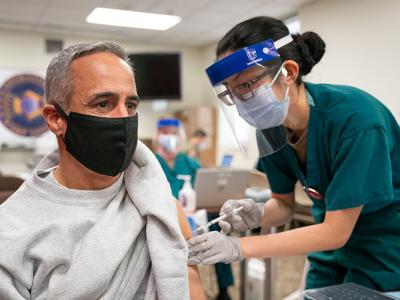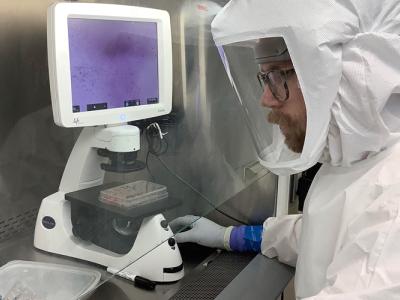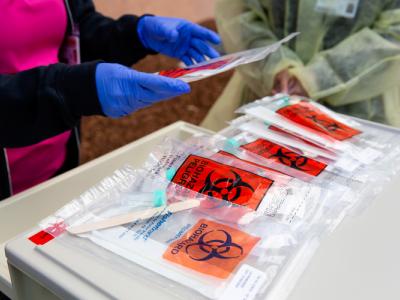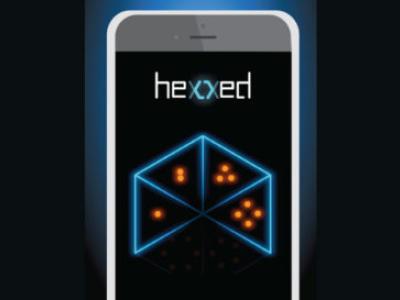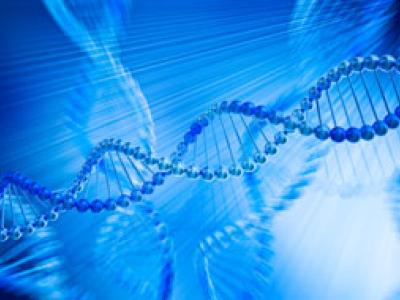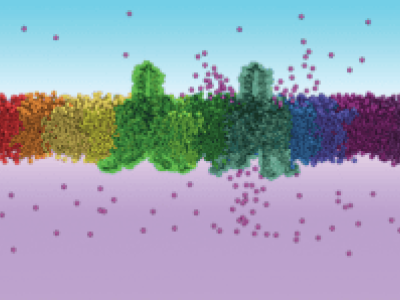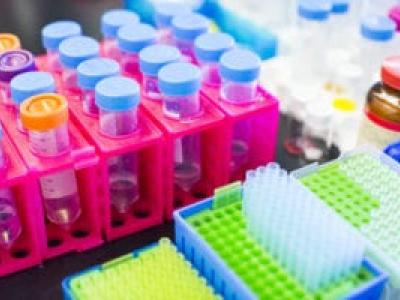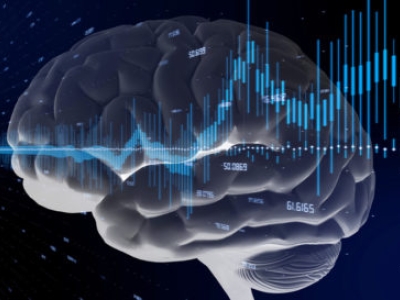California Republicans less likely to seek COVID vaccine, poll reports
As California struggles to bring the deadly COVID-19 pandemic under control, the state’s Republican voters are far less likely to seek a vaccine and express less support for small businesses, health care workers and other at-risk workers, according to a new poll by UC Berkeley’s Institute of Governmental Studies (IGS).

